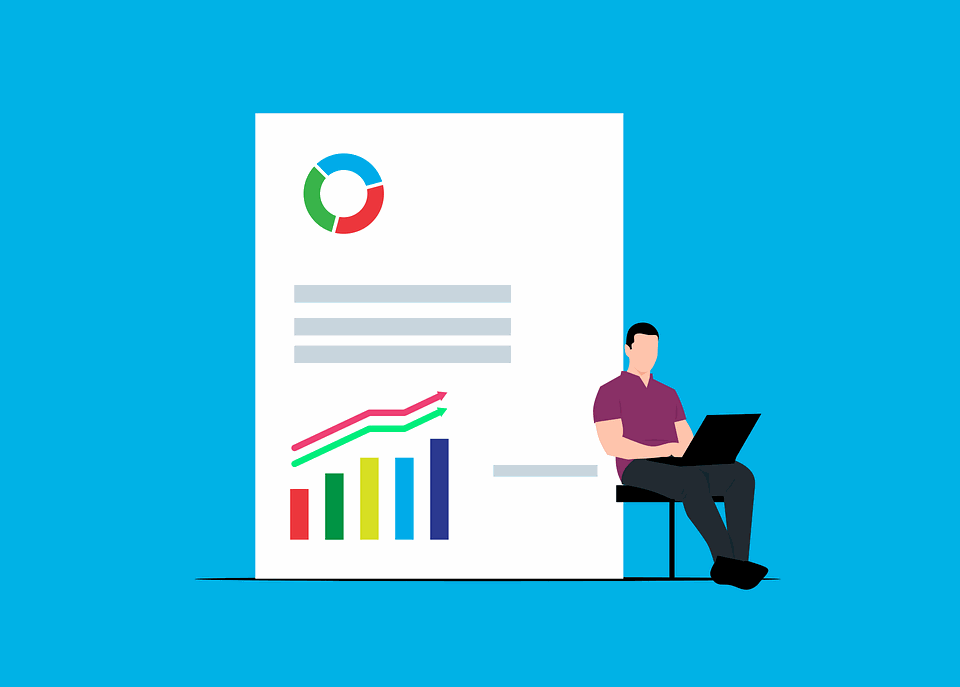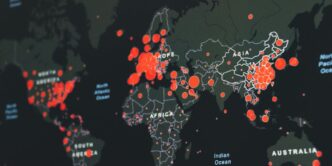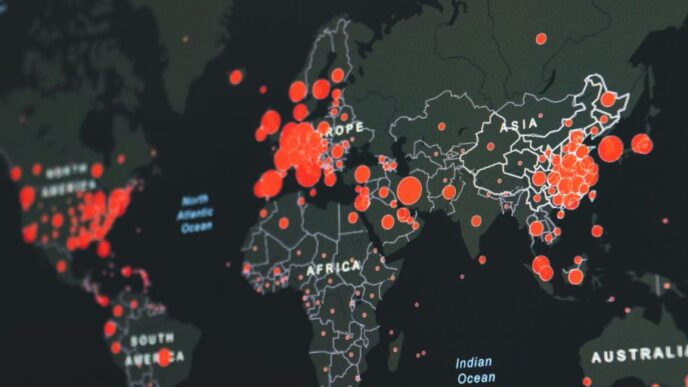Data analysis is a growing field with numerous opportunities for those who possess the right skills and qualifications. But with so many different paths to take, it can be challenging to determine what makes someone truly qualified to work as a data analyst. Are advanced degrees necessary, or can practical experience suffice? In this blog post, we’ll dive into the essential qualities that make an excellent data analyst and explore the various educational backgrounds and skill sets that prepare individuals for success in this dynamic profession. So whether you’re just starting your career or considering a shift into data analytics, read on to learn everything you need to know about becoming a qualified data analyst!
Who is a Data Analyst?
A data analyst is a professional who has the skills and experience necessary to collect, organize, analyze, and interpret data. A data analyst typically works with large data sets, using statistical methods and software to identify trends and patterns.
Data analysts play a vital role in helping organizations make informed decisions by providing insights that can be used to improve business processes or solve problems. In many cases, data analysts work closely with other members of the organization, such as marketing research analysts, product managers, and financial analysts.
There are many different types of data analyst roles, ranging from entry-level positions to senior management positions. The specific duties of a data analyst vary depending on the organization and the type of data they work with. However, there are some common tasks that most data analysts perform:
Collecting and cleaning data: Data analysts often need to collect data from multiple sources before they can begin their analysis. This can involve cleaning up messy or incomplete data sets.
Exploratory analysis: Once the data is collected and cleaned, a data analyst will usually explore the dataset to look for patterns and relationships. This helps them better understand the dataset and prepare for more formal analyses.
Formal analysis: After exploring the dataset, a data analyst will conduct formal analyses to answer specific questions or test hypotheses. This may involve using statistical techniques or developing predictive models.
Presenting results: Once the analysis is complete, a data analyst will need to communicate
Qualifications and Skills Required for Data Analysts
Data analysts must have strong technical and analytical skills to be successful in their roles. They must be able to understand and analyze complex data sets, identify trends and relationships, and make recommendations based on their findings. Strong math skills are also essential, as data analysts often work with large numbers and need to be able to calculate results accurately.
In addition to these technical skills, data analysts must also possess strong communication and interpersonal skills. They need to be able to explain their findings to non-technical staff and management and present their recommendations clearly and concisely. They must also be able to work well within a team environment, as most data analyst roles are part of a larger team of professionals.
Education requirements for Data Analysts
There are certain education requirements for data analysts. Firstly, a data analyst should have at least a bachelor’s degree in statistics, mathematics, or another field with a heavy emphasis on data analysis and interpretation. Secondly, a data analyst should have experience working with large datasets and be able to utilize various software programs for analyzing said data. A data analyst should be able to effectively communicate their findings to those who may not have the same level of understanding when it comes to data analysis.
Experience is necessary for Data analysts.
To work as a data analyst, experience is necessary in several areas:
Strong analytical and mathematical skills: Data analysts must be able to effectively analyze large data sets to find trends and patterns. They must also be comfortable working with numbers and statistical methods.
Programming skills: Data analysts must be proficient in at least one programming language, such as R, Python, or SQL. This allows them to manipulate data sets and create custom reports and visualizations.
Business acumen: Data analysts need to understand how businesses operate so that they can provide insights that can help improve business decision-making. They should also be familiar with common business terms and concepts.
Communication skills: Data analysts must be able to communicate their findings to both technical and non-technical audiences. They should be able to explain complex topics in simple terms and present data in an easily understandable format.
Certifications Needed for Data Analysts
There are many different certifications that data analysts can get to improve their skills and qualifications. Some of the most popular and useful data analyst certifications include:
The Certified Analytics Professional (CAP) credential is the global standard for analytics excellence. CAP demonstrates an individual’s commitment to the profession and mastery of essential skills required for success in the field.
The Data Management Association International (DAMA-I) offers the Certified Data Management Professional (CDMP) designation, which is globally recognized as the premier certification for data management professionals. CDMP holders have demonstrated a high level of proficiency in data management concepts and practices.
The Institute for Operations Research and the Management Sciences (INFORMS) offers the Certified Analytics Professional (CAP) credential, which is recognized as the global standard for analytics excellence. CAP demonstrates an individual’s commitment to the profession and mastery of essential skills required for success in the field.
These are just a few of the many different certifications that data analysts can pursue to improve their skills and qualifications. Pursuing one or more of these certifications can help you stand out from the competition and demonstrate your dedication to your chosen career path.
Desired Soft Skills of a Data Analyst
Certain soft skills are desired in a data analyst. They should be able to communicate effectively, both verbally and in writing. They should also be able to work well in a team setting as well as independently. They should have strong problem-solving skills and be able to think critically. Additionally, they should be detail-oriented and organized.
Alternatives to Becoming a Data Analyst
there are a few alternatives to becoming a data analyst:
1) One can take an online course to learn the required skills and knowledge. Many reputable online courses can teach you everything you need to know about data analysis.
2) One can also attend a brick-and-mortar school to get the necessary qualifications. This option may be more expensive and time-consuming than taking an online course, but it will allow you to interact with other students and learn in a more traditional setting.
3) One could self-study by reading books and articles, attending webinars and conferences, and practicing on their own. This option requires a lot of discipline and motivation, but it is possible to learn everything you need to know about data analysis without formal schooling.
Conclusion
A data analyst is a highly skilled professional with the ability to collect, analyze, and interpret large amounts of data. To be qualified for such a position, one needs to have excellent analytical skills, knowledge of statistics and mathematics, and an understanding of computer programming languages. Those with experience in business or economics can also be attractive candidates for this kind of role. The job market for data analysts has been growing steadily over the past few years due to increasing demand from businesses wanting to leverage their data more effectively.













